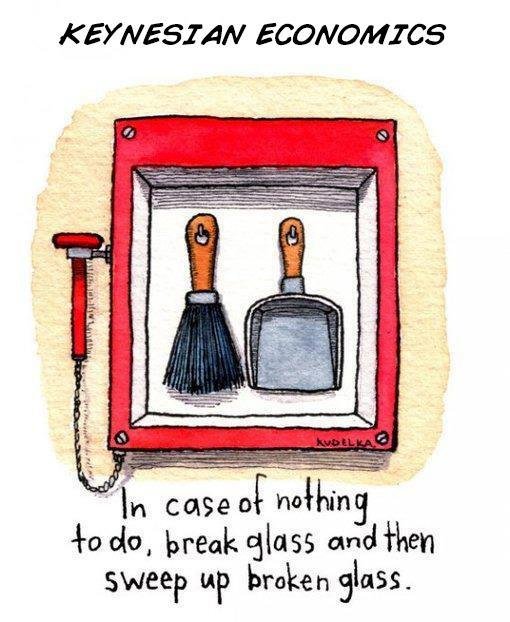July 17, 2012
Vilnius, Lithuania
In the mid-1800s, a cousin of Charles Darwin by the name of Francis Galton wrote a series of works expanding on an old idea of selective breeding in human beings.
Galton’s theory became known as eugenics. At its core, eugenics was underpinned by an assumption that talent and genius were hereditary traits, and that deliberate breeding could improve the human race.
Within decades, intellectuals were spending their entire careers studying these ideas, quickly spawning a number of different fields dedicated to ‘racial sciences.’
Scholars began closely examining racial differences and building volumes of statistics on everything ranging from intelligence to reproduction to genetic effectiveness in combating disease.
‘Scientists’ would scurry about taking cranial measurements, sizing up jaw lines, calculating forehead slopes, and estimating nose angles… all of which became ‘evidence’ of racial superiority.
It became clear that one race was superior to another because the science of the day said that it was true. And they had the statistics and equations to prove it.
This faux-science became the moral justification for racial segregation and imperialistic expansion.
After all, one could hardly feel bad about conquering and enslaving an entire nation if the science proves that they’re an inferior race.
Nazi officials took these ideas and perverted them even further, wrapping horrific crimes in a blanket of science.
Today, it’s nice to know that human beings are a lot more enlightened. We know that the dimensions of someone’s skull or nose don’t matter much in the way of intelligence or integrity.
And we can wonder with absolute incredulity how anyone could have passed off such nonsense as science.
Here’s the irony, though. In the future, they’ll wonder the same thing about us. The difference is that our faux-science is economics.
In the future, they’ll wonder with utter incredulity how these ridiculous assertions about conjuring money out of thin air and borrowing your way out of debt could possibly pass as science.
They’ll be mystified at how political leaders listen to these modern day soothsayers, directing national policy and robbing wealth from hundreds of millions of people based on this faux-science.
And they’ll be completely floored when they see that we actually award our most esteemed prizes to these men who tell us that we can spend our way out of recession and tax our way into prosperity.
To give you an example, I’ve just finished Nobel laureate Joseph Stiglitz’s new book The Price of Inequality in which he writes something that may be the dumbest thing I’ve ever heard from an economist:
“[T]he success of [Apple and Google], and indeed the viability of our entire economy, depends heavily on a well-performing public sector. There are creative entrepreneurs all over the world. What makes a difference. . . is the government.”
Yes, in the eyes of our most decorated ‘scientists’, the brilliance and guile of Ingvar Kamprad, Sam Walton, Ray Kroc, Asa Candler, Richard Branson, Steve Jobs, and millions of others are far less important than an effective government bureaucracy.
His entire book, in fact, is an impassioned argument for even more government control and redistribution of wealth. Right… because it’s been working so well.
These ideas are totally absurd. Yet this what passes as science today. And because it’s science, society simply believes it to be true.
No doubt, people in the future will look back, and they’ll wonder… but they won’t understand one bit.










